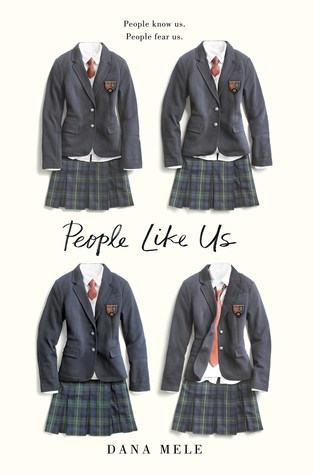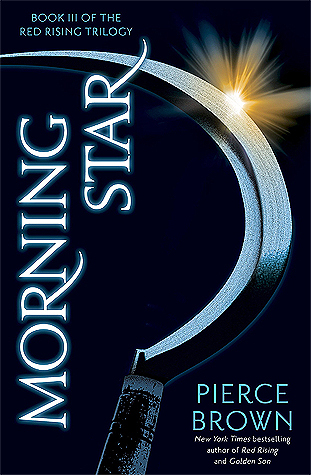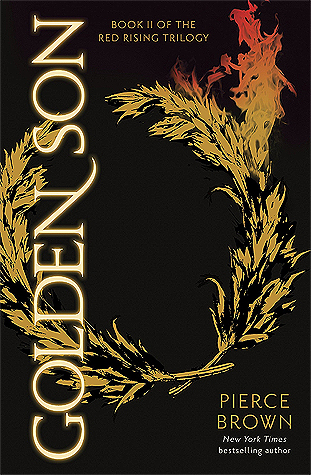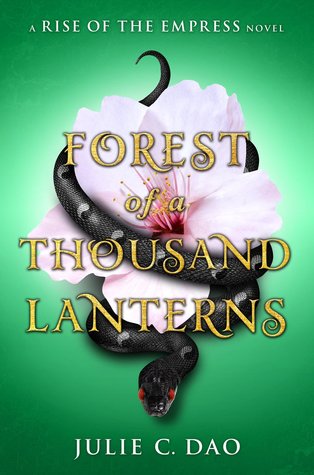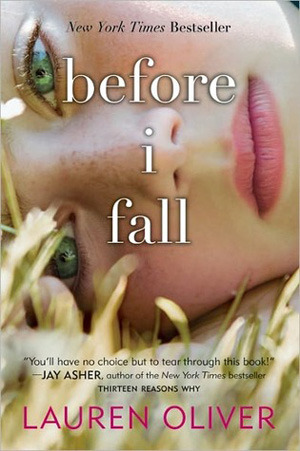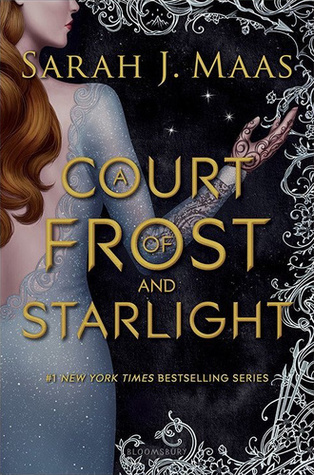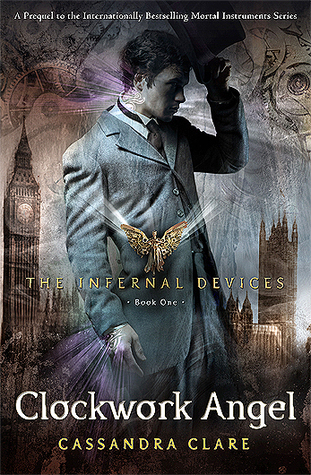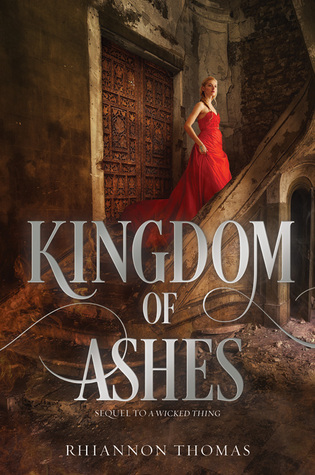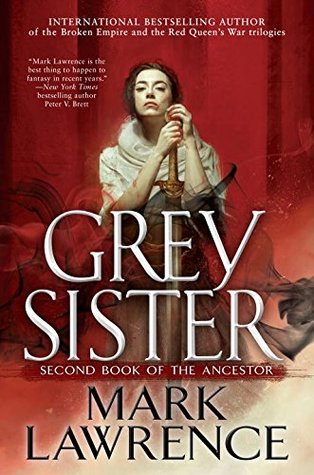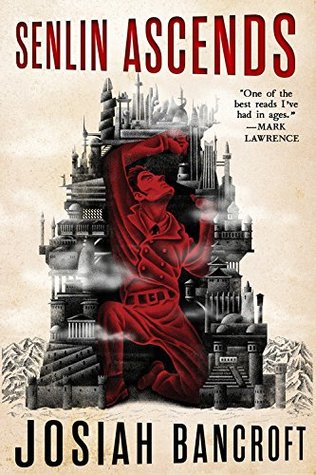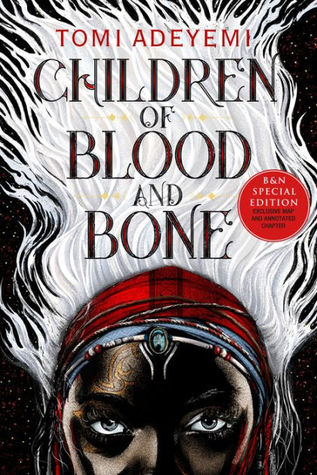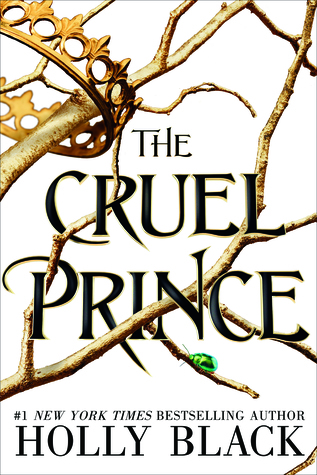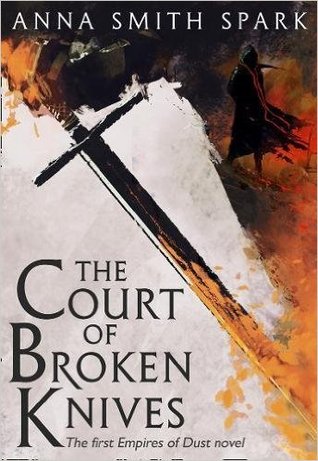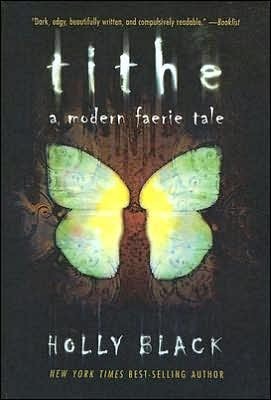
Synopsis:
Welcome to the realm of very scary faeries!
Sixteen-year-old Kaye is a modern nomad. Fierce and independent, she travels from city to city with her mother's rock band until an ominous attack forces Kaye back to her childhood home. There, amid the industrial, blue-collar New Jersey backdrop, Kaye soon finds herself an unwilling pawn in an ancient power struggle between two rival faerie kingdoms - a struggle that could very well mean her death.
Rating: 🌟
You know that feeling when you wake up after a long, drunken night out and it's 7am - too damn early to be awake already - and your mouth tastes sour, your eyes are crusty with day-old mascara, and you feel so awful and dirty it's like you're covered in a thin layer of grime? That's what reading this book is like.
I'll be real, I've known about this book probably since I was twelve and have always had zero interest in it. The only reason I read it was because I so immensely enjoyed Holly Black's new novel The Cruel Prince that I thought to check out some of her earlier faerie books. I'll be upfront: if you're here because you loved The Cruel Prince, don't read this book.
Originally published in 2002, Tithe hasn't aged well. The novel plays so much off of the 90's grunge aesthetic that everything in this book is defined by being dirty and dilapidated - and somehow that's considered glamorous. I just don't find that appealing. Not to mention, a lot of the themes in this book - such as sexual assault, LGBT+ rep, and abusive parenting - aren't treated with the same sensitivity that we practice now. Quite a few portrayals in this novel are problematic, and at worst, just offensive.
Additionally, Holly Black's writing, characterization, and plot have leaps and bounds improved since this novel. Tithe can't hold a candle to The Cruel Prince or even her 2015 faerie novel, The Darkest Part of the Forest. This book was frustrating to get through. Everything - from its aesthetic to the plot to the writing itself - is messy. Messy enough to make me mad, because more than once I found myself confused. If I can navigate something as complex as a China Miéville novel, then it doesn't mean I'm not reading deeply enough here - it's just bad writing. The only reason I didn't dnf this book was because I was halfway through and thought I may as well finish it so it would count towards my reading challenge.
The bottom line is this: if you want to read one of Holly Black's faerie books, pick up The Darkest Part of the Forest or The Cruel Prince. Don't bother with her Modern Faerie Tales trilogy.



